'Shocking increase' in ESA sickness benefit sanctions
- Published
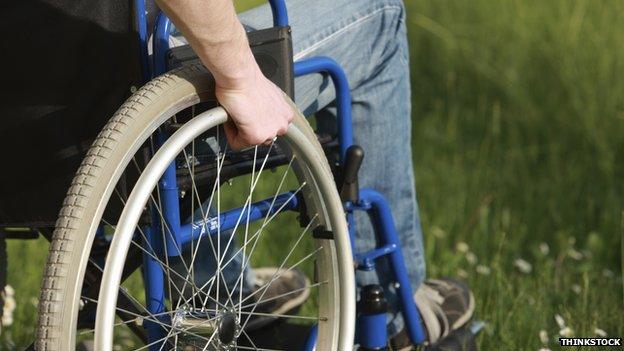
There has been a "shocking" rise in the number of sanctions given to those who receive a key sickness benefit, according to homeless charity Crisis.
Official figures for the first quarter of 2014, external showed sanctions on Employment and Support Allowance claimants were some 4.5 times higher than in the same quarter in 2013 - although the 2014 figure still includes those appealing.
Under the sanctions, benefits can be docked temporarily.
Ministers said they were a last resort.
Employment and Support Allowance (ESA) was introduced in 2008 to replace incapacity benefit.
It is intended for people who are unable to work due to sickness or disability. Claimants undergo tests, called work capability assessments, before learning whether they are eligible for the payment.
Some of those deemed eligible for the payment are given regular interviews to help them find work, depending on their level of disability.
In the first three months of 2014, there were 15,955 sanctions on ESA claimants, compared with 3,574 in the same period last year.
Only ESA claimants in the work-related activity group, where an adviser assists them with training and skills, can be subject to sanctions, which are handed out for failing to attend a mandatory interview or failing to take part in a work-related activity.
There are 552,000 benefit claimants in the ESA work-related activity group and they receive up to £101.15 a week, the Department for Work and Pensions (DWP) said.
Sanctions 'cruel'
Matt Downie, director of policy and external affairs at Crisis, said: "This is a shocking escalation in the use of sanctions and we are deeply concerned about the impact on people's lives.
"Sanctions are cruel and can leave people utterly destitute - without money even for food and at severe risk of homelessness. It is difficult to see how they are meant to help people prepare for work.
"Our own research has shown that many homeless people face unfair and inappropriate sanctions, often handed out due to errors on the part of the job centre or work programme provider.
"We want the government to commit to an urgent, wide-ranging review looking at the appropriateness and effectiveness of sanctions, especially for people at risk of or experiencing homelessness."
Disability charity Scope said the increase "raises serious questions".
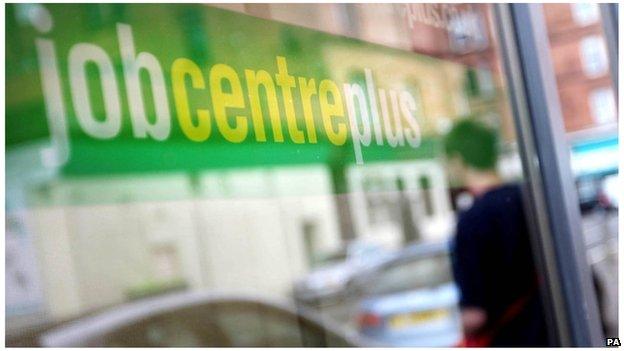
Sanctions are made if claimants do not attend interviews or take part in work-related activities
Chief executive Richard Hawkes said: "We back the government's commitment to getting more disabled people into work.
"But such a dramatic increase in the use of sanctions raises serious questions.
"Disabled people are being sanctioned for things like missing interviews with advisers. How often do sanctions take into account the reality of disabled people's lives?
"Interviews with advisers can clash with medical appointments and inaccessible transport can make attendance extremely difficult."
He called for more advisers with specialist understanding of disabled people's conditions and added: "We need a system that works for disabled people, that supports them to find a job they want, and that takes seriously the barriers they face."
'Yellow card'
A Department for Works and Pensions spokeswoman said: "People who are in a job know that if they don't play by the rules or fail to turn up in the morning, there might be consequences, so it's only right that people on benefits should have similar responsibilities. However, sanctions are used as a last resort."
The sanctions are temporary and the vast majority last for a week, said the DWP, with about 99% of recipients not receiving sanctions.
Claimants can apply for hardship payments, which would allow them to receive 60% of their payment for the duration of the sanction. They are also entitled to part of their ESA benefit which is not affected by sanctions, which is £28.75, the spokeswoman added.
The DWP figures also showed that Jobseekers' Allowance (JSA) claimants had benefits suspended 920,000 times in the year up to March 2014.
A spokeswoman said that around 6% of all JSA claimants receive a sanction, with the most common reason being the benefit claimant failing to actively look for a job.
The Liberal Democrats have said too many benefits claimants are unfairly punished and called for a "yellow card" system.
This proposal, to be included in their general election manifesto, would see jobseekers who breach the terms of their benefits given a warning for a first offence rather than having payments suspended.
Liberal Democrat Work and Pensions Minister Steve Webb said producing a card showing details of the issue would help claimants understand what they had to do to keep receiving payments and seek help from people such as GPs or social workers.
The DWP has agreed a series of reforms to the sanctions system after a Government-commissioned review warned of significant inadequacies in official communications with claimants.
Former civil servant Matthew Oakley said some only discovered their benefits had been stopped when their bank cards were refused at cash machines and recommended that a guide to benefit sanctions must be easily accessible in hard copy and online.
- Published13 August 2014
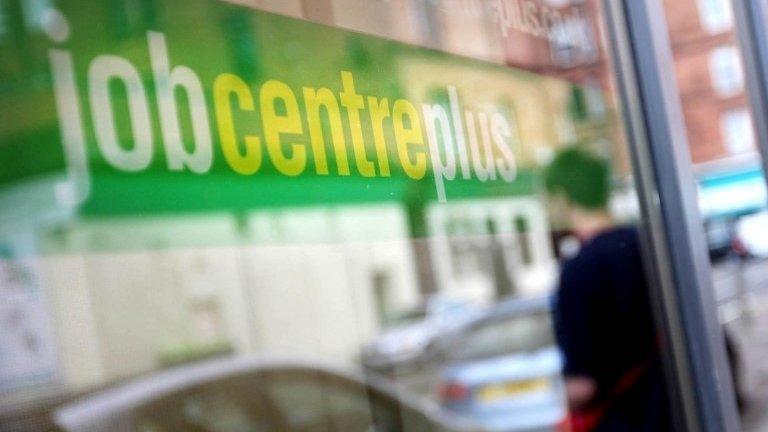
- Published23 July 2014
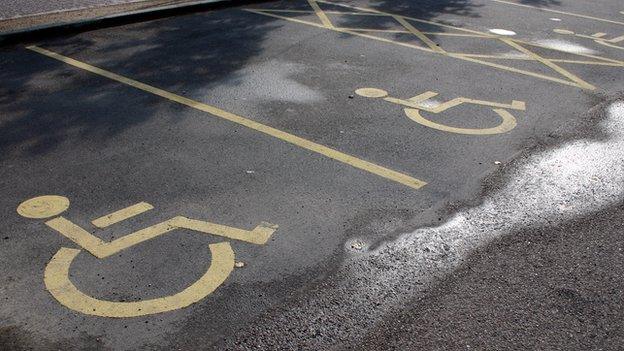
- Published13 July 2014

- Published19 June 2014
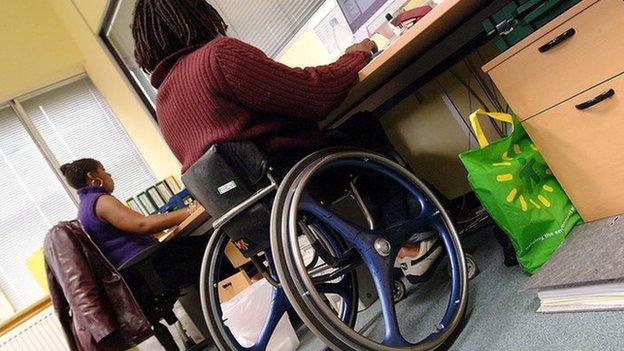
- Published20 June 2014
